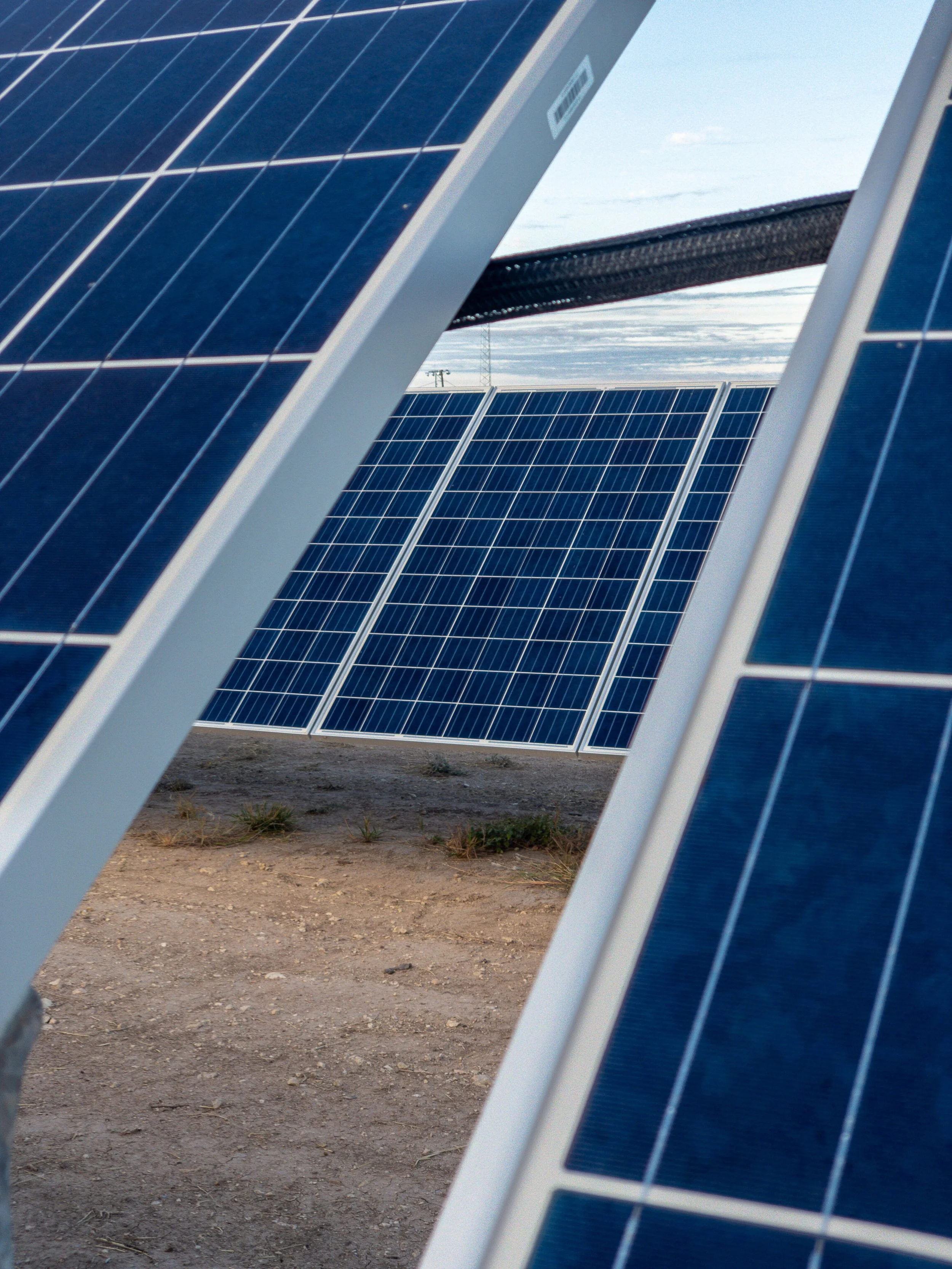By Dhruva Jaishankar
The Power of the Private Sector: Boosting Climate Resilience
By Udaibir Das
The IMF’s RST is a significant step forward in mobilising climate finance, focused on leveraging private sector involvement. By learning from the RST’s successes and challenges, other international efforts can enhance their strategies to attract private capital, creating a more sustainable and resilient global economy.
Ensuring Continuity in the U.S.-India Energy Relationship through Cooperation on Climate
India's Role in Diversifying Global Clean Energy Supply Chains
Ongoing armed conflicts in Europe and the Middle East and a fractured trade relationship between the world’s two largest economies, the United States and China, mean the energy transition cannot take economic integration and its accompanying benefits for granted.
Special Report
By Raj Sawhney, Shayak Sengupta, and Gregory Wischer
Editor: Shayak Sengupta
Modi’s Re-election: A Chance to Revitalize Afghanistan-India Relations
By Sadiq Amini
These days, Afghan democrats need a champion, and India, under Modi’s leadership, could be that champion – if New Delhi can correct course on its Afghanistan policy.
India’s Foreign Assistance: Trends, Processes, and Priorities
Invisible puppeteer: a call for debt management reform
By Udaibir Das
To effectively manage debt and all liabilities, a top-down, country-wide reform is necessary to move towards a comprehensive liability management function.
Air pollution mortality from India's coal power plants: unit-level estimates for targeted policy
By Kirat Singh, Tapas Peshin, Shayak Sengupta, Sumil K Thakrar, Christopher W Tessum, Jason D Hill, Inês M L Azevedo and Stephen P Luby
Absolute annual mortality ranges from less than 1 to over 650 deaths/year across units, and the mortality intensity of generation varies from under 0.002 to 0.43 deaths/GWh.
Air quality, health, and equity impacts of vehicle electrification in India
By Tapas Peshin, Shayak Sengupta, Sumil K Thakrar, Kirat Singh, Jason Hill, Joshua S Apte, Christopher W Tessum, Julian D Marshall and Inês M L Azevedo
Higher increases in pollution exposure are seen in scheduled castes/tribes, poor, and rural populations particularly in high coal production states.
Reforming the UNSC Remains a Tough Task
By Dhruva Jaishankar
But the biggest obstacle remains China. China alone among the P-5 has not voiced support for the expansion of permanent UNSC seats but often hides behind others in negotiations.
Cyber Stakeholders: ORF America's Contributions to Multilateralism at the UN Open-Ended Working Group
Contribution from the Cyberspace Cooperation Initiative at the Observer Research Foundation America in the context of the seventh substantive session of the Open-ended Working Group on security of and in the use of information and communications technologies 2021-2025 (March 2024).
India’s Tech Strategy: An Introductory Overview
India: The Rising Power in Global Solar Photovoltaic Supply Chains
Charging Up: India’s Potential Role in Global Battery Supply Chains
Decoding India's Green Hydrogen Potential
Basel Committee at 50: From crisis to confidence
By Udaibir Das and Wayne Byres
After 50 years, the Basel Committee’s standards are crucial for maintaining global financial stability.
Buckle Up for the Ride: Sovereign Wealth Funds Grapple with Fragmentation and Conflict
By Udaibir Das
The current global economic and capital market conditions necessitate reassessing conventional portfolio construction and risk management practices.
Spring meetings prompted to shed light on MDB reform
By Udaibir Das
Multilateral reform remains complex and demands patience to ensure that the process is transparent and inclusive.
The Diaspora, Democracy, and Diplomacy between India and the US
By Dhruva Jaishankar
At a basic level, India’s large diaspora in the US and a shared sense of democracy continue to contribute to deepening India-US relations.
Policy Priorities for Sustaining U.S. Semiconductor Leadership
By Jeffrey D. Bean and Stephen Ezell
The United States has taken several key steps that we advocated. Foremost was passing the CHIPS and Science Act with bipartisan Congressional support in August 2022, which included appropriations of $52.7 billion for the CHIPS Act.

























